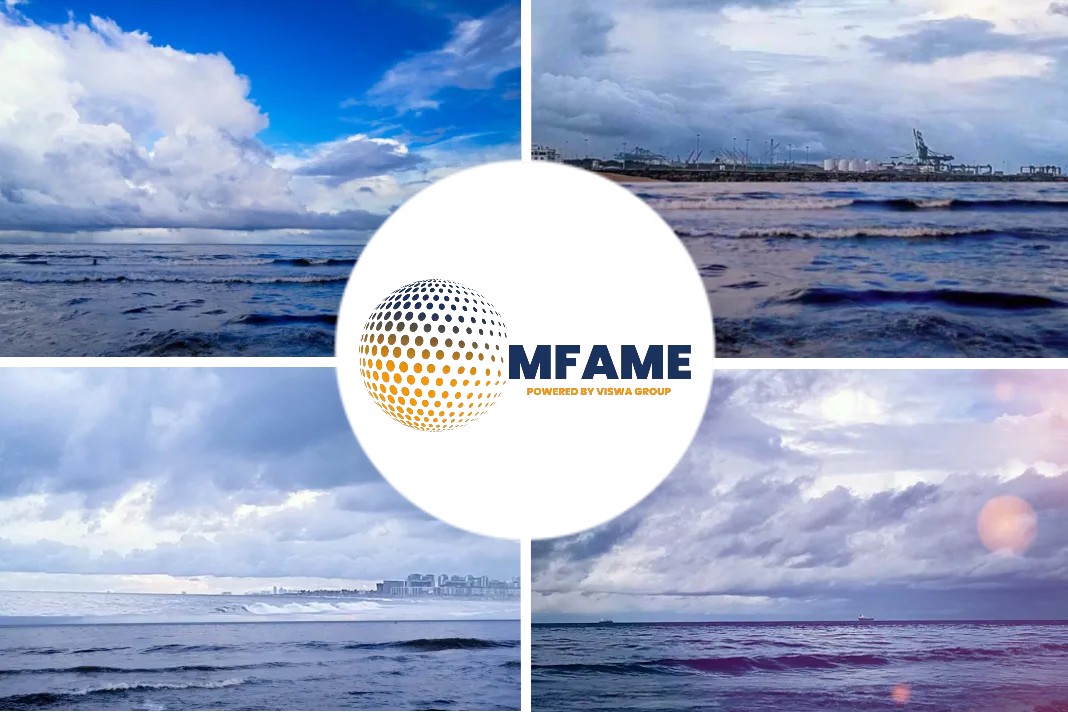 The Association shall cover extra costs of fuel, insurance, wages, stores, provisions and port charges attributable to a diversion, over and above the costs that would have been incurred but for the diversion, where these are incurred solely for the purpose of securing treatment for an injured or sick person on board, or for the purpose of searching for a person missing from the Ship, or necessarily incurred while awaiting a substitute for such person, or for the purpose of saving persons at sea, says an article published on gard website.
The Association shall cover extra costs of fuel, insurance, wages, stores, provisions and port charges attributable to a diversion, over and above the costs that would have been incurred but for the diversion, where these are incurred solely for the purpose of securing treatment for an injured or sick person on board, or for the purpose of searching for a person missing from the Ship, or necessarily incurred while awaiting a substitute for such person, or for the purpose of saving persons at sea, says an article published on gard website.
Guidance
(A) …costs attributable to a diversion… (Rule 31)
Diversion must be distinguished from deviation. It is generally accepted that a ship which diverts from its intended course or route is fully justified in doing so and may, indeed, be obliged to do so in certain circumstances.
Deviation, on the other hand, is a term which is used to describe an intentional and unenforced alteration of course or route or delay, that cannot be justified in the sense discussed above since it is done for the sole benefit of the shipowner and often contrary to the interests of the cargo owners or other parties to the adventure.
However, the Member may well incur extra costs when his Ship is diverted and cover is available under Rule 31 in respect of certain extra costs incurred by the Member in the event of such diversion.
(B) The Association shall cover extra costs and expenses… (Rule 31)
Cover is available only for those costs that are specifically listed in the Rule, i.e. fuel, insurance, wages, stores, provisions and port charges and only to the extent that such costs exceed what would have been incurred regardless of the diversion. When making a claim on the Association the Member must calculate the extra costs and explain how they have been caused by the diversion.
Cover is available for the cost of additional fuel, which includes not only extra fuel consumed as a result of extra distance steamed, but also as a result of extra speed necessitated by the desire to reach the rescue site as quickly as possible.
Extra insurance costs may be incurred if the diversion requires the Ship to move into areas which require the payment of additional premium such as that required by war risk underwriters when the vessel sails in certain war risk areas, or that required by hull insurers if the Ship is not ice-strengthened and is diverted to an area with ice. However, cover is not available for a claim for a proportionate return of premium paid during the time of diversion.
The extra cost of wages does not include wages which are paid to Crew members for the extra time taken by the Ship to complete its original voyage as a result of the diversion, but does include the payment of overtime to Crew members who take part in searches for missing persons at sea, as well as additional wages that are payable to the Crew if the Ship enters a war risk zone during the course of the diversion.
However, should the Member incur liability to third parties as a result of delay in the carriage of cargo or passengers, cover is available for such liability under Rules 34 and 28 respectively.
(C) …incurred solely for the purpose of securing treatment for an injured or sick person on board…searching for a person missing from the Ship…or necessarily incurred while awaiting a substitute, or for the purpose of saving persons at sea. (Rule 31)
Cover is available under Rule 31 for extra costs incurred by the Member in diverting the Ship when such extra costs are incurred in the following circumstances:
- When the Ship is diverted in order to secure treatment for an injured or sick person on board;
- When the Ship is diverted in order to search for a person who is reported to be missing from the entered Ship;
- When the Ship is diverted in order to search for a person who is reported to be missing from another ship;
- When the Ship is waiting for a substitute for the person (usually a Crew member) who is reported missing or who has been taken off the Ship to secure his treatment, provided that the Member can demonstrate to the satisfaction of the Association that it was necessary for the Ship to wait for the substitute, i.e. the Member needs to prove that the Ship is not seaworthy to continue the voyage without the substitute and that it is not possible to obtain a temporary permit from the relevant authorities in this regard;3
- When the Ship is diverted to assist in the saving of persons at sea. For instance, when a foundering fishing vessel broadcasts an emergency at sea and coastal authorities instruct all vessels in the area to divert and head for the stricken fishing vessel in order to save the lives of its crew.
Did you subscribe to our daily newsletter?
It’s Free! Click here to Subscribe!
Source: gard.no
















